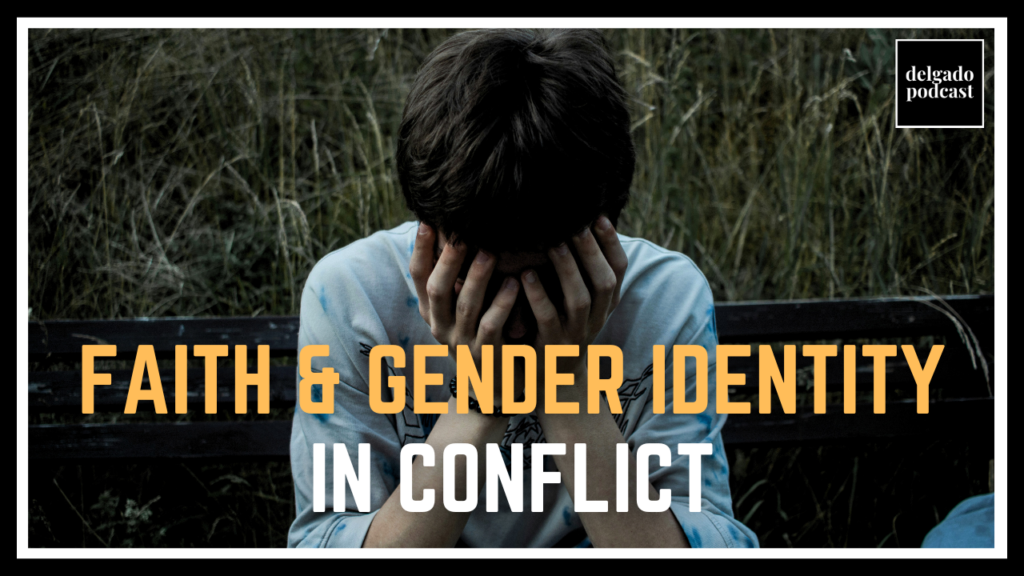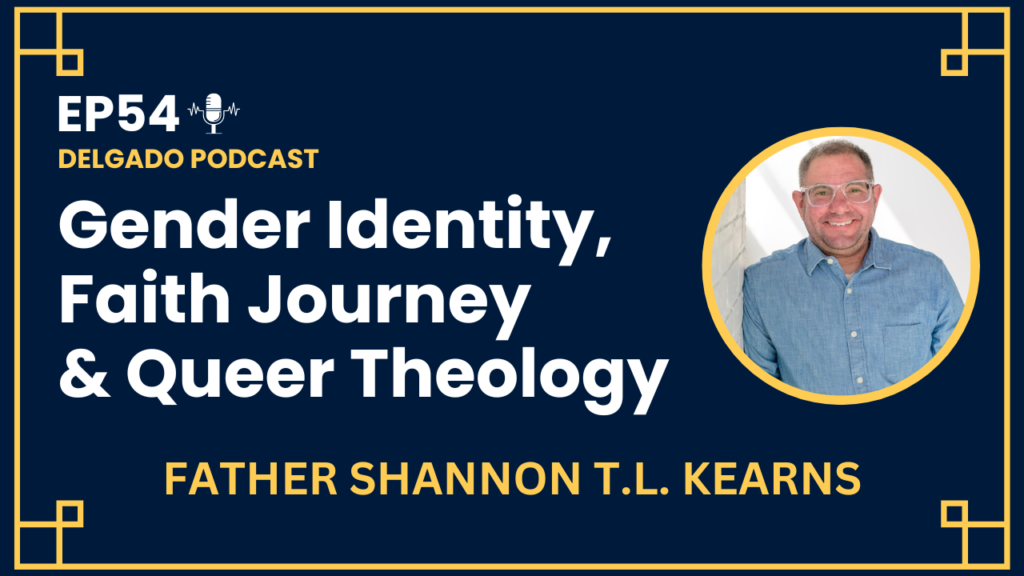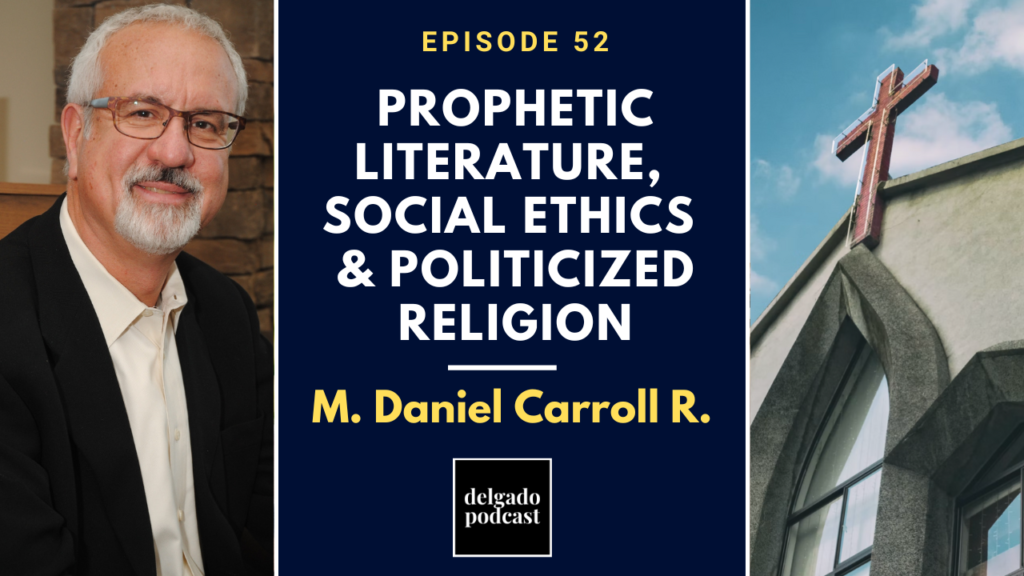
The following excerpts are pulled from sections of my MSW research paper focused on understanding the ways Christianity impacts the transgender community:
Abstract
Transgender individuals raised with Christian upbringings often experience increased psychological and spiritual distress in non-affirming religious spaces. These environments can contribute to increased depression, anxiety, suicidal ideation, and fears of spiritual condemnation. While many transgender individuals deidentify from Christianity to protect their mental health, this can lead to a loss of belonging and experiences of complicated grief. Despite these challenges, there is limited research examining the mental health outcomes associated with Christian upbringings and deidentification among different transgender subgroups, specifically male-to-female (MTF), female-to-male (FTM), and nonbinary individuals.
In my research project, it was hypothesized that transgender groups, especially nonbinary individuals, raised with Christian upbringings would report lower life satisfaction, higher internalized stigma, and increased psychological distress. It was also hypothesized that transgender individuals who deidentified from Christianity would report improved mental health outcomes compared to those who remained Christian.










